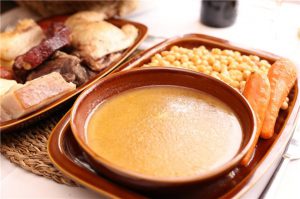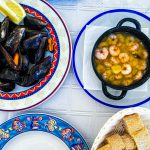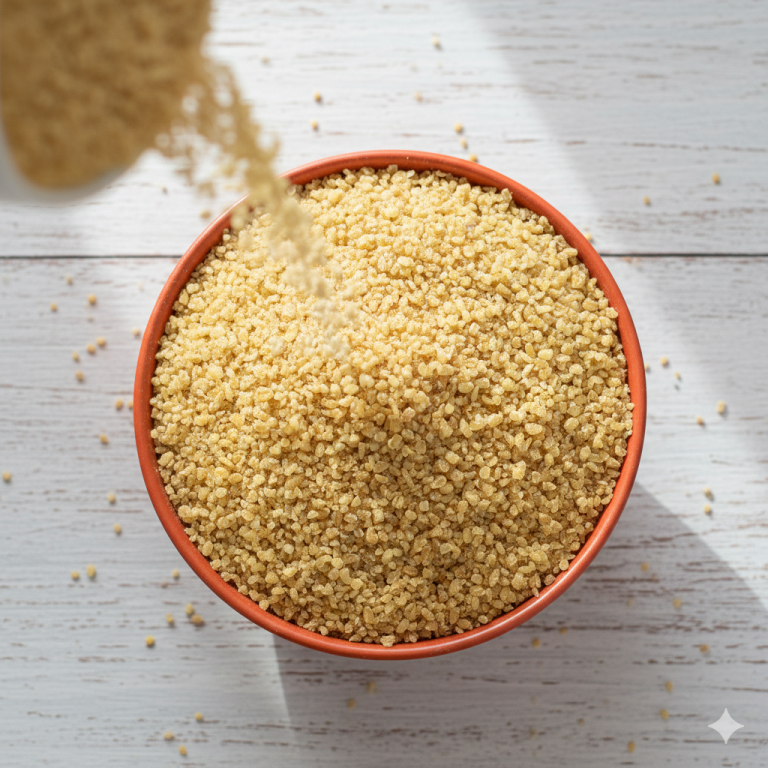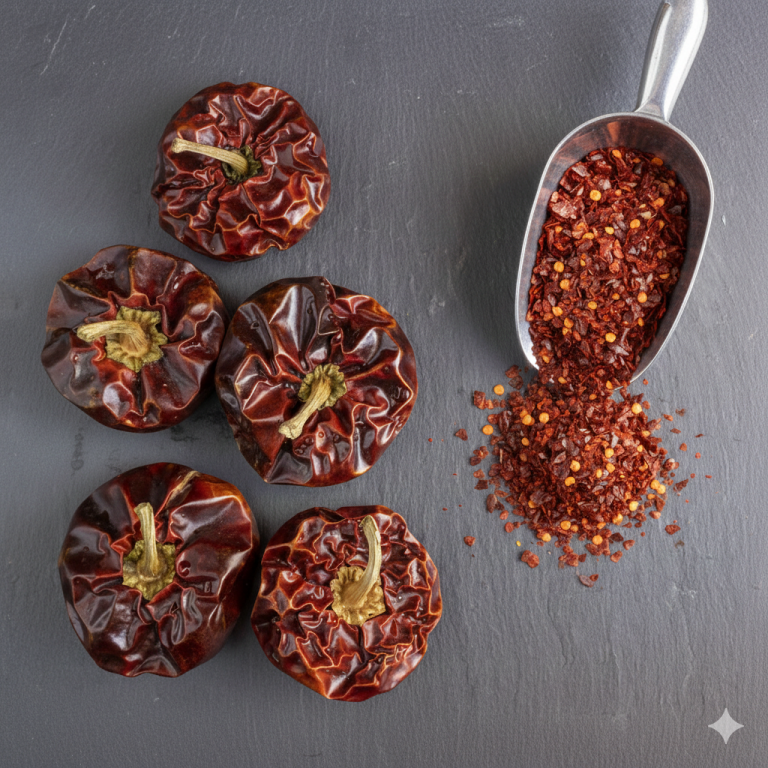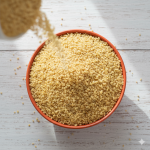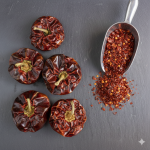Typical Spanish Recipes: Vegan Versions. Don’t Miss Out!
/ All articles / Recipies
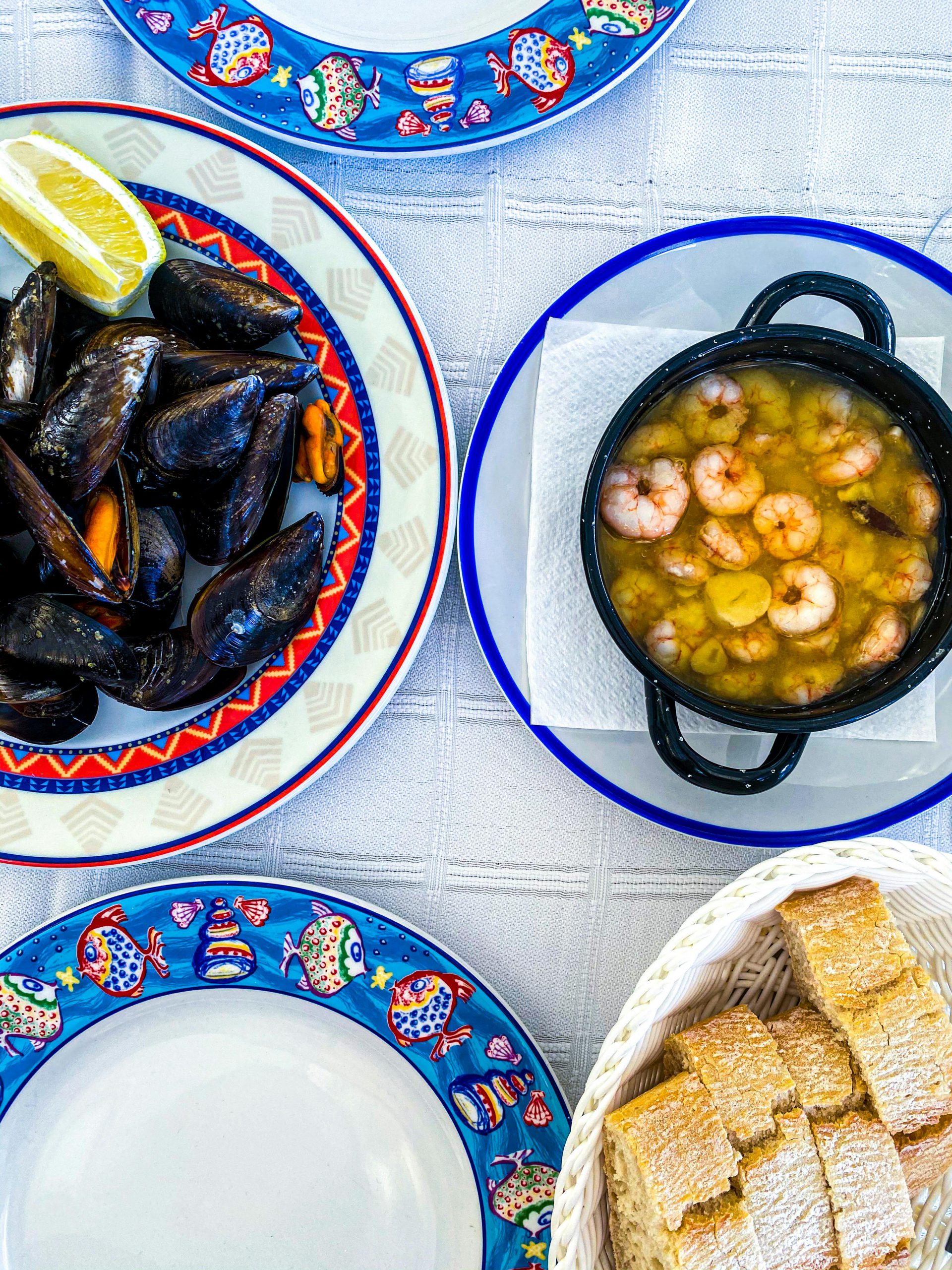
Can you imagine typical Spanish recipes but in vegan versions? Spanish cuisine is world-renowned for its rich variety of flavors, fresh ingredients, and traditional recipes that vary from one region to another. From colorful paellas to comforting stews, Spanish cooking has a culinary history that dates back centuries. However, in recent years, a trend has begun to transform even the most traditional recipes: veganism. In this article, we will explore the impact of veganism on Spanish food culture and present ten vegan recipes inspired by typical Spanish dishes.
What is Veganism and Why is it Gaining Ground?
Veganism is a philosophy and lifestyle that rejects the use of animal products in all forms, including food, clothing, and other aspects of daily life. In terms of diet, veganism promotes a diet based exclusively on plant-based foods, such as fruits, vegetables, legumes, grains, nuts, and seeds.
This movement has been on the rise globally, and Spain is no exception. In recent decades, the number of people adopting a vegan diet has grown considerably due to increased awareness about the environmental impact of meat and animal product production, concerns about animal welfare, and the health benefits of a plant-based diet.
The impact of veganism on Spanish food culture is significant. Although the traditional Mediterranean diet already includes many plant-based ingredients, such as olive oil, vegetables, and legumes, many classic Spanish dishes are known for their use of animal products, such as ham, seafood, and sausages. However, the creativity of chefs and the demand for healthier, more sustainable options have led to vegan versions of these traditional dishes without sacrificing flavor or authenticity.
Here are ten vegan Spanish recipes adapted for you. These recipes not only honor the essence of Spanish culinary tradition but are also healthy and environmentally friendly.
Vegan Spanish Recipes
-
Vegan Paella

The first of our vegan Spanish recipes is this world-famous dish. Paella is one of the most representative dishes of Spain, and while its most well-known version includes seafood or meats, it’s possible to enjoy a delicious 100% plant-based paella.
Ingredients:
- Bomba rice
- Vegetable broth
- Artichokes
- Red bell pepper
- Peas
- Green beans
- Garlic
- Turmeric (for color)
- Lemon (for garnish)
Preparation:
Sauté the garlic and bell pepper in a large pan with olive oil. Add the green beans, artichokes, and peas, and sauté for a few minutes. Add the rice and mix well with the ingredients. Pour in the vegetable broth and turmeric, and let it cook over medium heat until the rice absorbs the liquid. Garnish with lemon slices.
2. Vegan Spanish Omelette

The classic Spanish omelette, traditionally made with eggs and potatoes, can be transformed into a vegan version by using chickpea flour or tofu as an egg substitute.
Ingredients:
- Potatoes
- Onion
- Chickpea flour
- Water
- Olive oil
- Salt
Preparation:
Fry the potatoes and onion until golden. Meanwhile, mix the chickpea flour with water until you get a texture similar to beaten eggs. Add the potatoes and onion to this mixture. Cook in a pan until the omelette is golden on both sides.
3. Andalusian Gazpacho
Gazpacho is a cold tomato soup originating from Andalusia, which, luckily, is naturally vegan.
Ingredients:
- Ripe tomatoes
- Cucumber
- Green bell pepper
- Garlic
- Olive oil
- Vinegar
- Salt
Preparation:
Blend all the ingredients in a blender until smooth and homogeneous. Refrigerate for at least an hour before serving. It’s perfect for hot summer days.
4. Pisto Manchego.
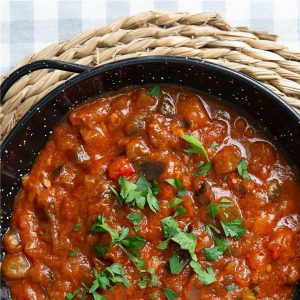
Cocido Madrileño is a traditional stew that usually includes meat, but its vegan version is packed with legumes and vegetables.
Ingredients:
- Chickpeas
- Potatoes
- Carrots
- Turnips
- Cabbage
- Leeks
- Vegetable broth
- Paprika
- Olive oil
Preparation:
Cook the pre-soaked chickpeas in vegetable broth with the carrots, potatoes, turnips, and leeks. Add the cabbage and let it simmer. To give it a smoky touch, add a bit of paprika.
6. Vegan Asturian Fabada
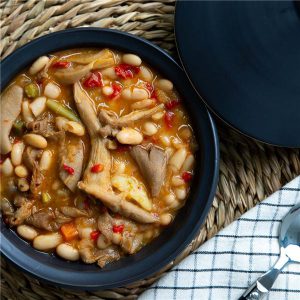
Traditional Fabada is made with white beans and sausages like chorizo, but in the vegan version of this Spanish recipe, we will use plant-based alternatives.
Ingredients:
- White beans
- Onion
- Garlic
- Carrot
- Red bell pepper
- Vegan chorizo
- Smoked paprika
- Olive oil
Preparation:
Cook the pre-soaked beans along with the onion, garlic, carrot, and red bell pepper. Add the vegan chorizo sliced into rounds and season with paprika. Cook on low heat until the beans are tender.
7. Mushroom Croquettes
See original croquettes at mentta


The Galician empanada usually contains tuna or meat, but its vegan version with peppers and spinach is just as delicious.
Ingredients:
- Vegan empanada dough
- Red and green peppers
- Onion
- Spinach
- Tomato
- Garlic
- Olive oil
Preparation:
Sauté the garlic, onion, and peppers, then add the spinach until well cooked. Fill the empanada dough with this mixture and bake until golden and crispy.
10. Vegan Meatballs in Sauce

See original meatballs on mentta
Vegan Meatballs in Sauce are a very popular dish throughout Spain. In the vegan Spanish recipe, we will use a base of chickpeas and mushrooms.
Ingredients:
- Cooked chickpeas
- Mushrooms
- Oat flour
- Onion
- Garlic
- Tomato sauce
- Olive oil
- Salt and spices
Preparation:
Blend the chickpeas and mushrooms, mix with the oat flour, and form small balls. Cook the meatballs in the oven or fry them, and then immerse them in a delicious tomato sauce.
The Impact of Veganism on Society and Food Culture
Veganism has shifted from being a marginal trend to becoming a global movement with a significant impact on culture, health, and the environment. In Spain, where the Mediterranean diet is deeply rooted, veganism is contributing to a revaluation of local, seasonal, and plant-based products, while also introducing innovative alternatives for those who wish to reduce their consumption of animal products without sacrificing flavor.
The impact of veganism on health is largely positive. Vegan diets, when well-balanced, tend to be rich in fiber, vitamins, minerals, and antioxidants, and low in saturated fats and cholesterol. This can help reduce the risk of chronic diseases such as type 2 diabetes, heart disease, and certain types of cancer.
Regarding environmental impact, the production of plant-based foods generally requires fewer resources, such as water and land, and produces lower greenhouse gas emissions compared to meat production. By choosing vegan versions of traditional dishes, we are not only contributing to the conservation of the planet but also creating a more inclusive and accessible gastronomy for everyone.
Veganism is leaving an indelible mark on vegan Spanish recipes, and its influence is leading to a healthy and ethical reinterpretation of traditional dishes that are part of Spain’s cultural heart. These vegan recipes demonstrate that it is possible to enjoy the country’s rich culinary heritage without compromising ethical values or personal well-being. From the iconic paella to croquettes, the flavor and authenticity remain intact while plant-based ingredients take center stage in this exciting chapter of Spanish cuisine.
Don’t forget to visit our mentta blog!

